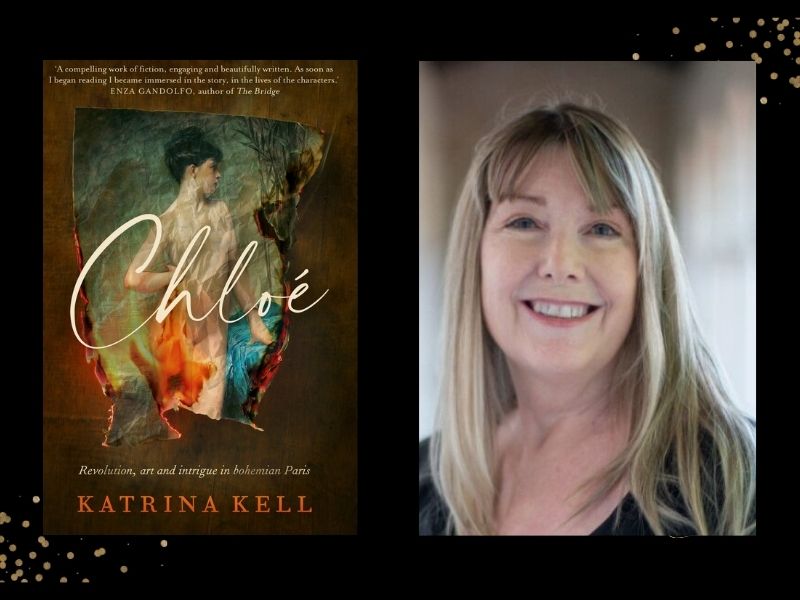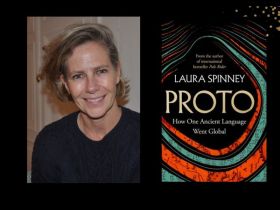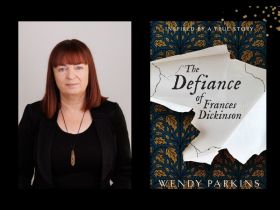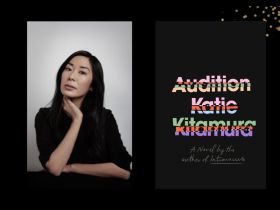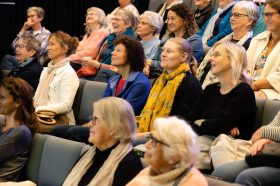Chloé is Katrina Kell’s third novel and the fictional backstory of Marie Peregrine, the subject of an iconic and titular painting that still hangs in Melbourne’s Young and Jackson Hotel. Through meticulous research, Kell fleshes out the life of the model to personalise rather than objectify her. Unfortunately, issues with pacing and characterisation limit the novel’s impact.
Marie is a young woman who lives and fights through the siege of Paris in the 1870s and later becomes the model for the famous painting by Jules Lefebvre. Her story is interwoven with a second timeline that follows Australian twins in wartime Australia. Their journey takes them on a quest to find the enigmatic model. The novel’s dual plots are only tenuously connected, both narratively and thematically. This, alongside at-times unpolished prose, makes following Marie’s story a tedious affair.
Kell’s knowledge of her time period and setting is clear, with references to Parisian street names and a particular affection for its zoo animals, but she rarely gives her novel time to breathe. The pace is so swift, with characters put on life altering paths as soon as we meet them, that their world feels undefined. It can be refreshing for a novel to just get on with things, but too often it feels as if we are not even given a chance to know these characters.
The novel is at its most effective when the prose has a moment to linger. A highlight is the passage set in the Young and Jackson hotel, which conjures a sense of a famous establishment in another time, and sensory descriptions of the Australian bush, such as – ‘the spicy scent of conifers, a wift of iodine from the Southern Ocean’.
Its romantic elements are restrained, as are its references to sexual assault, though it is a recurring theme throughout the novel. At times the lecherousness of the various men who try to take advantage of Marie borders on the cartoonish, which undermines the severity of the threat they pose to her.
Marie’s uncle, in particular, is a stock villain. His threat to expose her as a supporter of the Paris Commune becomes one of the main engines of the plot, but the way this is handled feels melodramatic and unmotivated.
In a clunky exchange meant for the reader rather than the characters, he reminds Marie that he has her incriminating journal, which he has now possessed for several years. Strangely, she has never attempted to retrieve it despite living in the same house, and even though she’s supposed to be resourceful. In moments like these, Marie feels less like a person than a doll, manipulated to fit the narrative’s purpose, an unfortunate irony given the novel aims to give agency to an objectified model.
Read: Book review: Safe Haven, Shankari Chandran
Overall, readers of historical fiction will appreciate Kell’s rigorous traversal into the past, and the gimmick of knowing the “real” story behind the iconic painting at Young and Jackson should entice Melbourne’s visitors and locals to give it a go. Chloé may not be particularly deep, but it is an entertaining read nonetheless.
Chloé, Katrina Kell
Publisher: Echo Publishing
ISBN: 9781760688547
Format: Paperback
Pages: 320pp
Release date: 27 February 2024
RRP: $32.99
